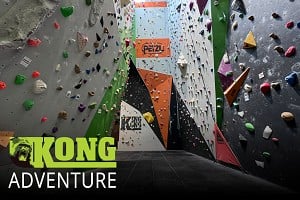> (In reply to jim jones) Never used post production software and hate the thought of using it. My photos are ok and have had some good feedback others not so.
>
> Try and get it right 1st time.
>
> (opens the doors for the 'well your camera is digitally modifying it anyway with the settings you use' brigade to appear)
>
>
O/T:
Your last point is overly simplistic. If you'd like to label me a member of that 'brigade' I could equally label you a Luddite. Both labels are unfair, as they ignore the nuance in each argument. To me, your stance would be fair if our cameras viewed the world in the exact same way we do. But they don't.
I applaud your wish to get the shot right 'in camera', but as you acknowledge, *some* processing has to occur in order for the shot to become a picture. With film, the photographer had a huge range of choices to make regarding type of film, exposure value, and post-processing techniques. So it is with digital.
You don't have an image without post-processing - whether you exercise your influence in that is your choice but it happens regardless. There's nothing wrong with using that process to more accurately show what was in your mind's eye when you took the shot: on the flip side there's a solid argument to be made that the camera manufacturer will have chosen the absolute middle-road settings for each value. This can easily result in a shot which is not merely boring, but also completely unrepresentative of the scene at the time. Landscapes without vibrance, colours without depth, unrealistic skin tones, even eyes lacking sparkle.
Good photography is still absolutely essential to a good shot: IMO no amount of post-processing will save a flawed image (however digital artists are becoming extremely skilled). For me, getting the position, the focus, the aperture / shutter speed exactly right for the shot remains an involving and rewarding effort. Supplement this with creative (on-camera) filters for example and there's a whole world of technical experimentation open to you.
You may find sticking with the old-school equivalents of film choice (e.g. tonal curve) and darkroom techniques (a little dodge and burn perhaps, no more) allows you to better express your creativity while maintaining your photographic integrity, if you like.
